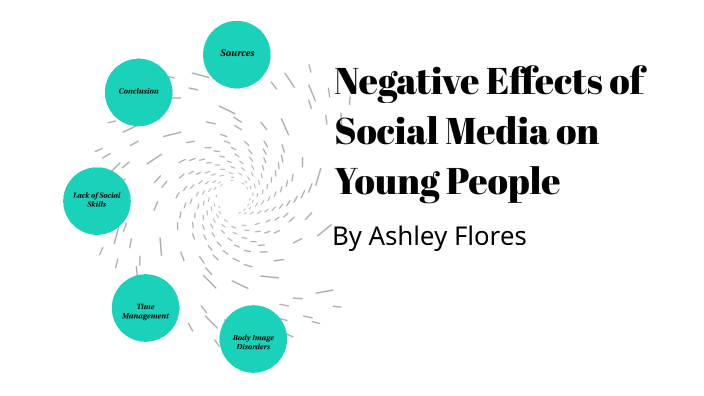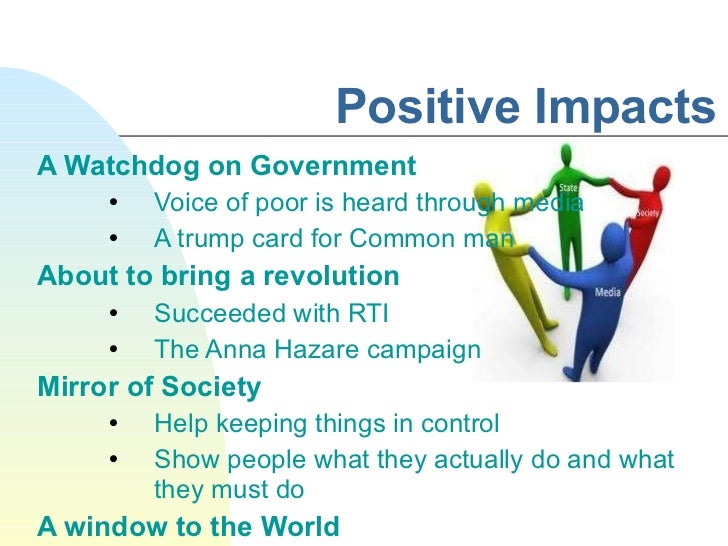
The group published a report in July showing that children as young as 13 were targeted within 24 hours of creating an account with harmful content, including material related to eating disorders, extreme diets, sexualized imagery, body shaming, self-harm and suicide. Facebook’s internal research showed that Instagram, in particular, had caused teen girls to feel worse about their bodies and led to increased rates of anxiety and depression, even while company executives publicly tried to minimize the app’s downsides.īut concerns about the effect of social media on young people go beyond Instagram Kids, the article notes:Ī children’s version of Instagram would not fix more systemic problems, said Al Mik, a spokesman for 5Rights Foundation, a London group focused on digital rights issues for children. Opposition to Facebook’s plans gained momentum this month when The Journal published articles based on leaked internal documents that showed Facebook knew about many of the harms it was causing. Mosseri said on Monday that the “the project leaked way before we knew what it would be” and that the company had “few answers” for the public at the time.

The article goes on to quote Adam Mosseri, the head of Instagram: Policymakers, regulators, child safety groups and consumer rights groups have argued that it hooks children on the app at a younger age rather than protecting them from problems with the service, including child predatory grooming, bullying and body shaming. YouTube, which Google owns, has released a children’s version of its app.īut since BuzzFeed broke the news this year that Facebook was working on the app, the company has faced scrutiny.

Parents would be able to control what accounts their child followed. Facebook said the “kids” app was intended for ages 10 to 12 and would require parental permission to join, forgo ads and carry more age-appropriate content and features. With Instagram Kids, Facebook had argued that young people were using the photo-sharing app anyway, despite age-requirement rules, so it would be better to develop a version more suitable for them. The revelations have set off a public relations crisis for the Silicon Valley company and led to a fresh round of calls for new regulation.įacebook said it still wanted to build an Instagram product intended for children that would have a more “age appropriate experience,” but was postponing the plans in the face of criticism. The pullback preceded a congressional hearing this week about internal research conducted by Facebook, and reported in The Wall Street Journal, that showed the company knew of the harmful mental health effects that Instagram was having on teenage girls.
#Negative effects of social media use mac
In “ Facebook Delays Instagram App for Users 13 and Younger,” Adam Satariano and Ryan Mac write about the findings of an internal study conducted by Facebook and what they mean for the Instagram Kids app that the company was developing:įacebook said on Monday that it had paused development of an Instagram Kids service that would be tailored for children 13 years old or younger, as the social network increasingly faces questions about the app’s effect on young people’s mental health. What do you notice about your mental health and well-being when spending time on social networks?


What is your relationship with social media like? Which platforms do you spend the most time on? Which do you stay away from? How often do you log on?


 0 kommentar(er)
0 kommentar(er)
